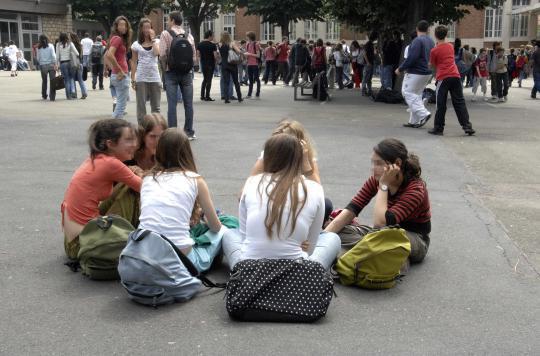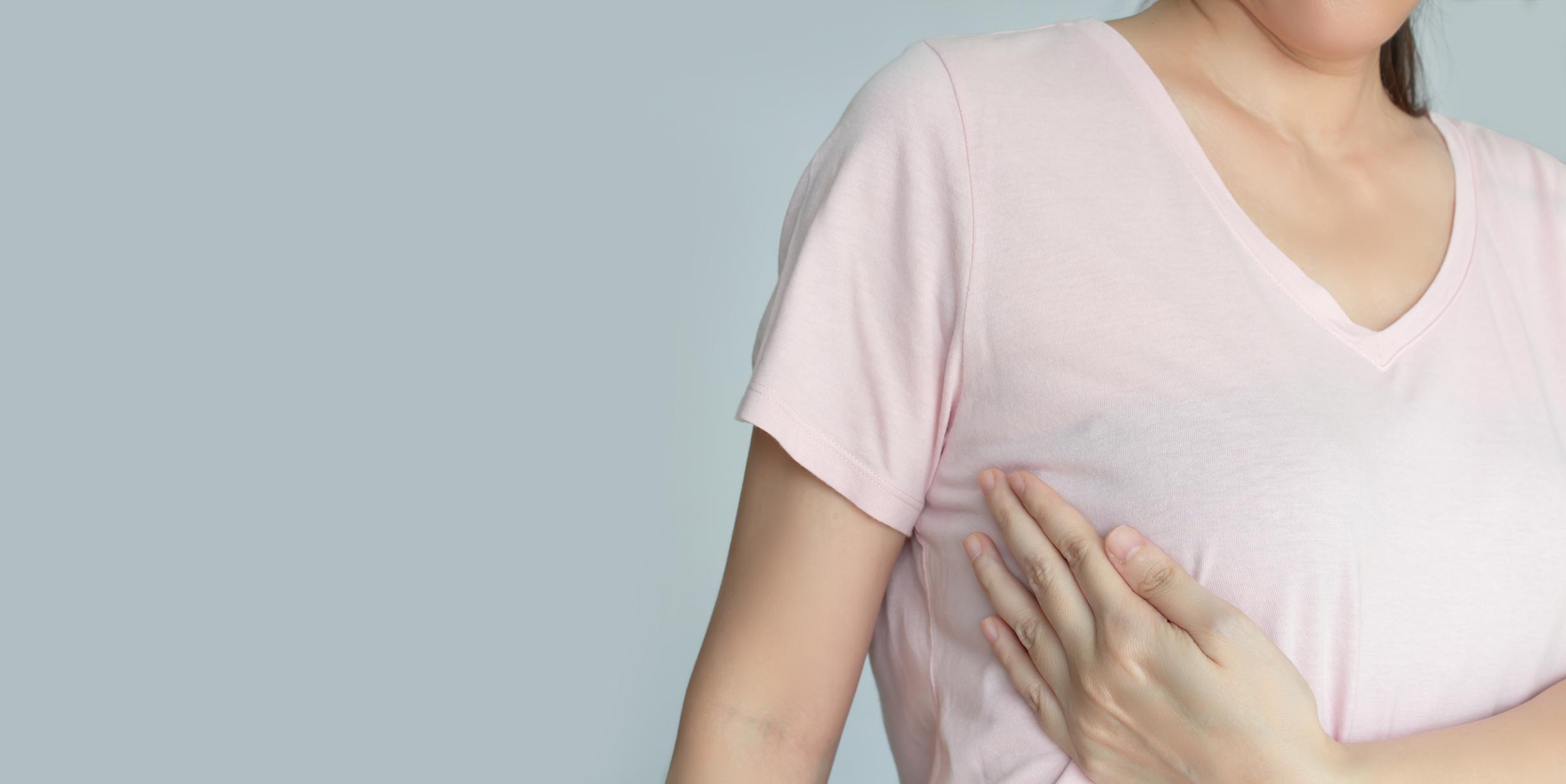While current recommendations advise to vaccinate adolescent girls from the age of 14, some pediatricians and infectious disease specialists are asking the authorities to do so from the age of 11.

“We need to advance the vaccination age of young girls against the human papillomavirus to 11 years old instead of the current 14 years old. We are the only country to recommend this vaccination so late. Both England and Germany, or Belgium do it around 10 years old. There are many good reasons to do this, ”says Dr Robert Cohen, pediatric infectious disease specialist and President of the Pediatric Infectious Pathology Group (GPIP).
Currently, specialists note that vaccination against cancer of the cervix and other diseases caused by HPV viruses is a failure in France. In 2011, it is estimated that only ⅓ of 17-year-old girls received a full vaccination with the three doses needed to ensure good protection. Based in particular on this observation, doctors from the GPIP and the French Pediatric Association have just published a plea in the Pediatrics Archives in which they explain the various scientific and societal arguments leading to the conclusion that it is necessary to keep advancing the age of this vaccination.
Listen to Dr Robert Cohen, pediatrician infectious disease specialist : ” The vaccination age of young girls is often too high, 20% of them have already had sex when they complete the 3-dose vaccination schedule. “
Why vaccinate from 11 years old? These specialists advance several arguments. First, by vaccinating young girls around 11/12 years old, they hope to increase the number of adolescent girls vaccinated. At this age, they are generally more willing to comply with parental authority than at 16. Doctors also recognize that after a certain age, in adolescence, consultations are less frequent. In addition, at the age of 11, there is already a vaccination appointment recommended by the Technical Committee on Vaccinations (CTV), the Diphtheria, Tetanus, Polio and Whooping cough booster, rather well followed by the population.
It is precisely the lack of data concerning the possible risks of this co-vaccination that had partly led the CTV experts to opt for the age of 14 in 2008. Today the signatories of this plea report that this This doubt has been removed thanks to scientific studies, as well as that which consisted in saying that by vaccinating older girls, there was a greater chance that they would have a higher level of antibodies at the time of the first sexual intercourse.
Listen to Dr Robert Cohen : ” You can do the vaccines at the same time, there are studies that have shown this. And we also know that even if we vaccinate early, the antibodies remain present in the body for quite a long time. ”
Vaccinating earlier protects better : These doctors also advance the argument of immunogenicity. The available data show that the immune response of adolescent girls between 10 and 14 years is greater than that obtained in those over 15 years. In addition, some studies show that two doses made around age 11 are just as immunogenic as three doses taken after age 15.
One could thus imagine one day reducing the recommended vaccination schedule to two doses and at the same time achieving savings of a third on the total cost of this vaccination for the public authorities. However, switching to two doses today seems difficult, this scheme is not registered in the Marketing Authorization (AMM). However, it is not excluded that this will happen one day in France. Canada and Switzerland have already done so, and above all the European Center for Disease Control took a very favorable position last September in favor of reducing the number of doses.
Finally, these specialists in favor of earlier vaccination against HPV put forward a final argument. By vaccinating from the age of 11, we would also limit certain anti-vaccine controversies, in particular those which link vaccination and the increase in the occurrence of certain autoimmune diseases.
Listen to Dr Robert Cohen : “Autoimmune diseases are naturally much more frequent after 15 years than at the beginning of adolescence. Suddenly, by vaccinating at age 11, the risk of coincidence between a vaccination and the appearance of one of these diseases is reduced. “
Declarations of interest
R. Cohen: clinical trials: as principal investigator, coordinator or principal investigator (Pfizer, GSK); conferences: invitations as speaker (Pfizer, GSK) and auditor (travel and accommodation costs taken into account by a company) (GSK); substantial contributions to the budget of an institution for which he is responsible (GSK , Pfizer, Sanofi-Pasteur MSD, Novartis).
.

















